Muneeb Butt’s idealistic take on joint families may not be for everyone
Muneeb Butt recently shared his thoughts on the joint family system, affirming his belief in living with one’s family even after marriage, for safety and security reasons.
In a candid interview on Samaa TV’s Gup Shab With Vasay Chaudhry, the actor also offered a hybrid approach for couples wishing to live apart, which may or may not be feasible for everyone.
Butt revealed that he and his family strongly valued the joint family lifestyle. “When you’re newly married, many problems arise in your marriage that can be resolved with the help of your parents,” he explained. “If it’s just you and your wife and you guys are fighting, or unwilling to talk it out, who will mediate things? Your parents do that.”
He added that living together created a safety net for emergencies. “Right now, I’ve been in Lahore for the past 20 days, but because my wife and kids aren’t alone at home, I know my brother and my parents are there, I’m not worried. If God forbid, something happens, I know they’ll take care of it. Otherwise, I’d be worried all the time.”
The moderator of the show, who grew up in a joint family, partially agreed with Butt while emphasising the importance of personal growth and space. Butt acknowledged her perspective and shared how his family addressed such challenges by adopting a hybrid approach.
“We all live in one bungalow, but it has three floors. We live on the ground floor, my brother on the second, and my parents on the third. This way, we stay together while maintaining our own space. Each family unit runs its household independently, which reduces conflicts but keeps us united.”
Butt’s approach to the joint family system — where family members live under one roof but on separate floors — may indeed be a thoughtful middle ground for managing personal space and family unity. However, it’s important to acknowledge that this solution is not universally feasible.
For families living in smaller homes or apartments, where space is a luxury, creating such divisions is impractical. In such cases, the lack of physical and personal boundaries can lead to heightened tensions and conflicts, undermining the very harmony that the joint family system is meant to promote.
While Butt is entitled to his perspective, it’s equally crucial to respect the autonomy of couples in making decisions about their living arrangements. For some, moving out might offer the privacy and independence needed to nurture their relationship, and avoid disputes that often arise when family members are overly involved.
There’s also the matter of personal space, especially for women in traditional setups, who may feel micromanaged or restricted in their daily lives. This lack of agency might exacerbate issues, making it essential to approach the topic with empathy and an understanding that one size does not fit all.
Ultimately, the choice to stay together or move out should depend on what works best for the couple and their unique circumstances, without societal pressures dictating their decisions.


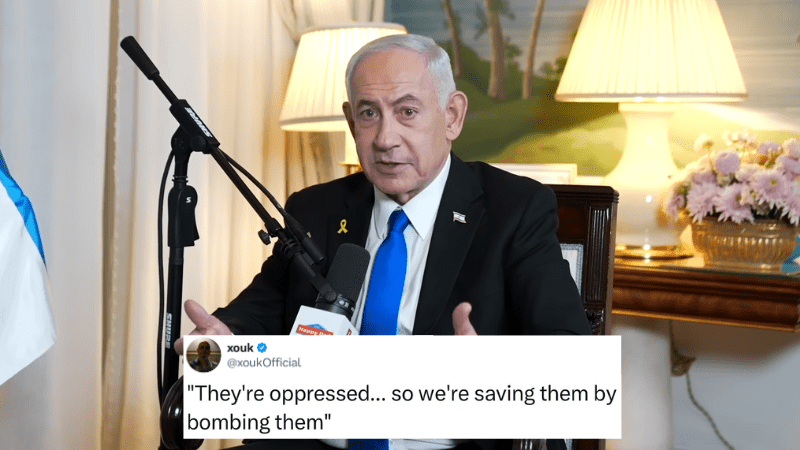
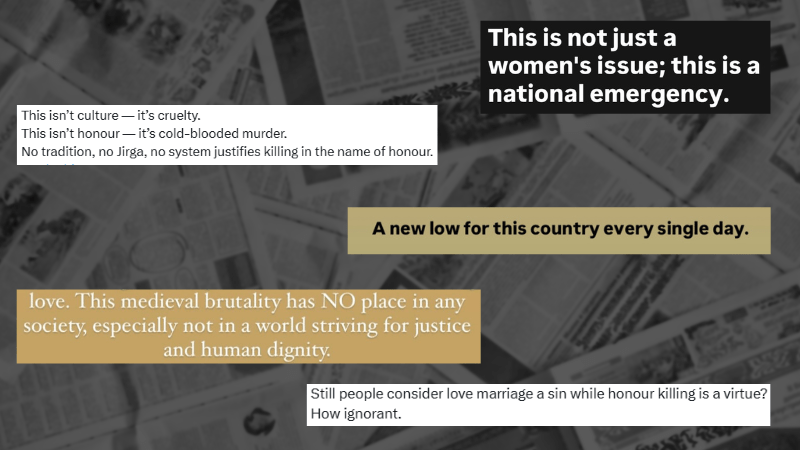
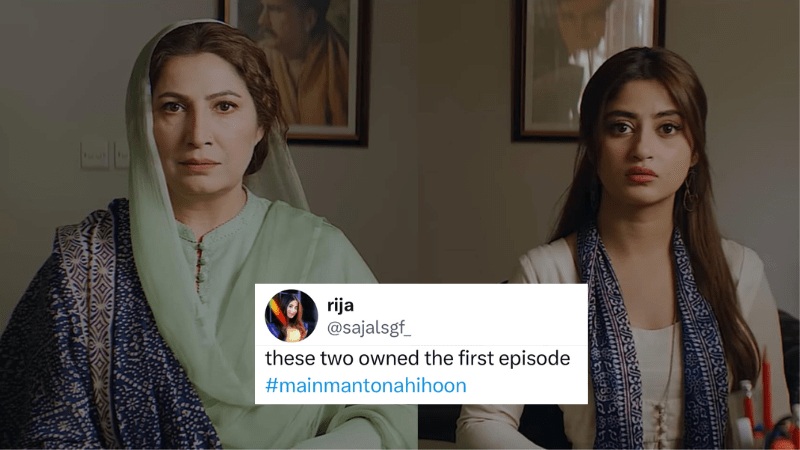

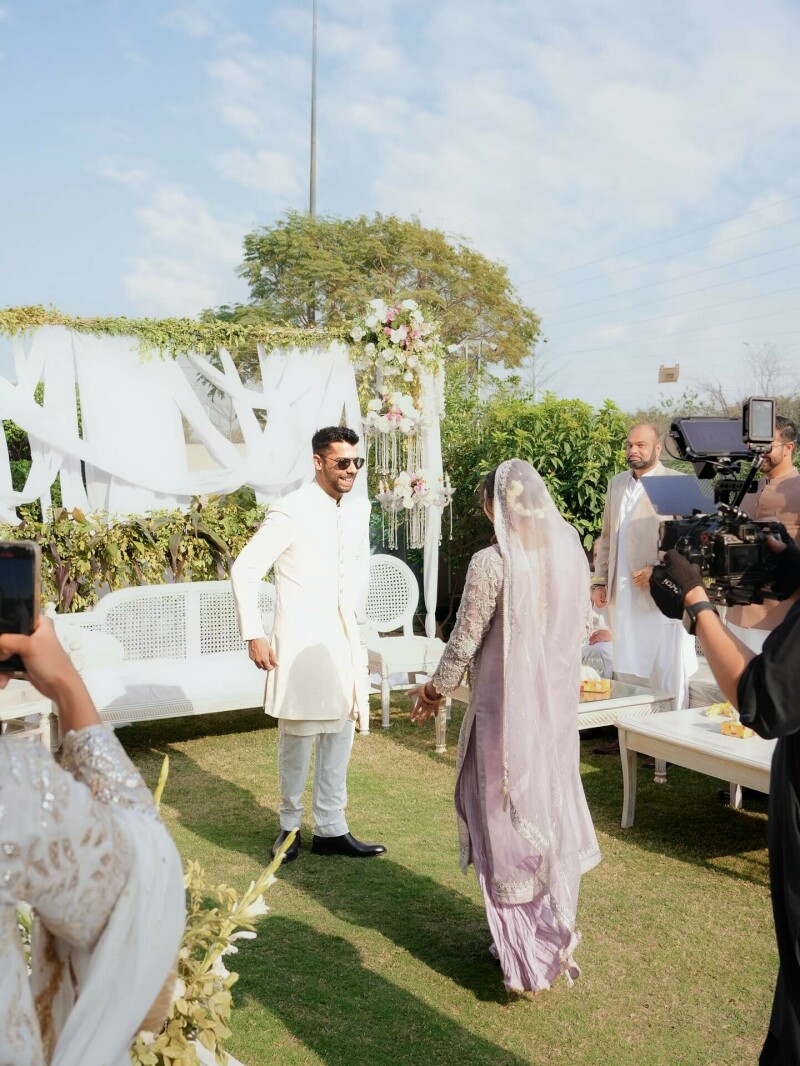

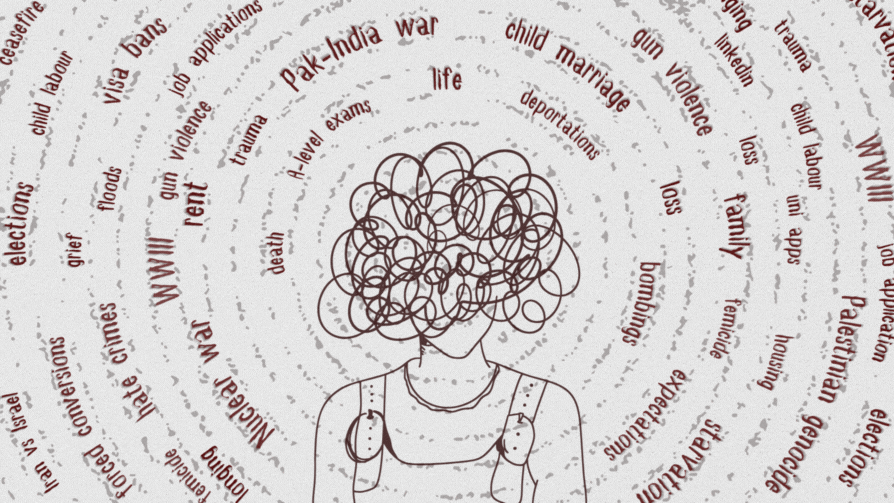



Comments